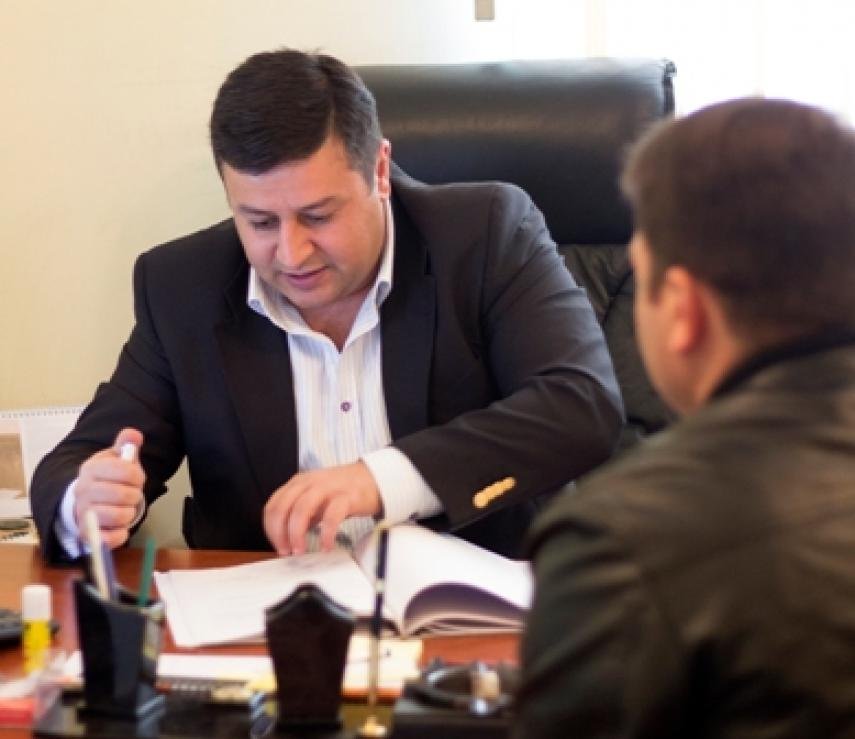NON-GOVERNMENTAL ORGANIZATION
Capacity needs of the Probation Service in Armenia (Part II: Possible solutions)

Establishment of the State Probation Service was long due and on 17 May 2016 the Law on Probation Service was passed in the National Assembly[1], whereas the Service officially started operating as of 1 September 2016 after adoption of its Statute[2].
In the beginning of the new 2017 year, the first full year of the work of Probation service, there are various challenges faced by the Service, including in relation to shortage of staff and the need to recruit highly qualified staff as well as lack of capacity building on such issues as risk and needs assessment, case-management, interview skills, skills in dealing with vulnerable groups, especially with juvenile probationers, etc.
The previous paper presented a brief compilation of issues raised by the participants of the events organized by CSI and dedicated to the establishment of the Probation Service in Armenia.
It was mentioned that there are several major fields where tremendous advocacy and fundraising efforts are needed to implement the reform measures adopted in relation to the activities of the newly created State Probation Service. Those major fields included gaps in capacity building work with newly recruited staff of probation officers as well as current acute shortage of human and technical resources.
CSI to collected and processed expert opinions on the mentioned issues and came up with the following recommendations:
Capacity building
Whereas some capacity needs will be addressed in course of the project implemented by CSI with the support of the UNDEF, such as training on application of a risk and needs assessment tool and case-management, as well as publication of various awareness-raising materials and producing of film on probation Service, it is recommended to:
- build capacity in relation to treatment of juveniles;
- organize a comprehensive training on special needs of women probationers and the use of Bangkok rules;
- to develop curriculum and conduct full training on victim-offender mediation;
- build capacity of the probationer officers on interviewing skills;
- to nominate focal points at every probation office on working with juveniles or doing mediation.
- to ensure that there is no conflict of interest in delivering mediation by at least nominating a qualified officer from different office to do mediation.
Staff shortage
- In order to ensure efficacy of work it is instrumental to increase the number of personnel to ensure fair work-load distribution;
- It is crucial to recruit professional social workers and psychologists as probation officers to ensure that the staff is able to identify and address the needs of the probationers;
- It is important to integrate gender perspective into the work of the Service and promote recruitment of female officers.
Technical capacity
- To provide all units with all necessary equipment, including computers, printers, scanners, internet connection, to be able to work effectively;
- To produce awareness raising materials for probationers on their rights and on available rehabilitation programmes; for various stakeholders about the probation service;
- To secure sustainable funding for the equipment and software required for electronic monitoring.
Without the recommended action it is impossible to speak about full-fledged professional Probation Service in Armenia.
References
[1] Law on Probation Service, ՀՕ-48-Ն, adopted by the National Assembly on 17 May 2016, signed by the President on 23 May 2016, entered into force on 4 June 2016, available in Armenian at www.arlis.am
[2] Statute of the Probation Service, adopted by the Government of the Republic of Armenia N 742-Ն, adopted on 14 June 2016, entered into force on 1 September 2016, available in Armenian at www.arlis.am

